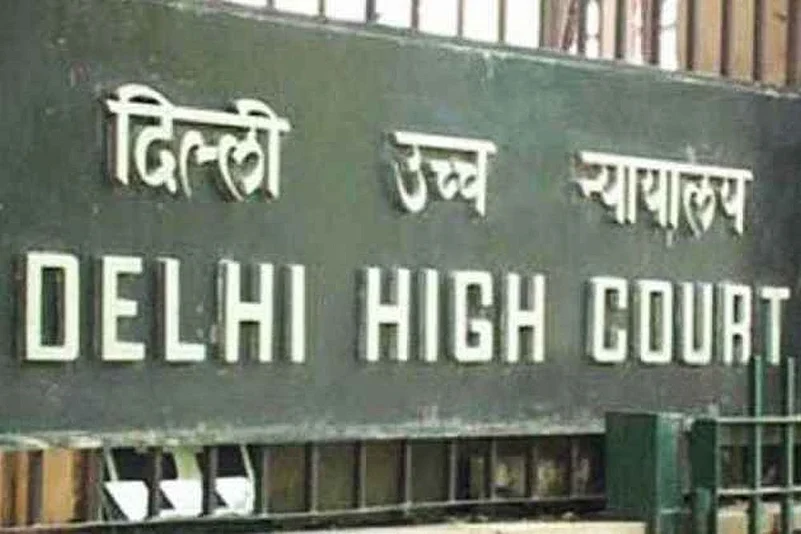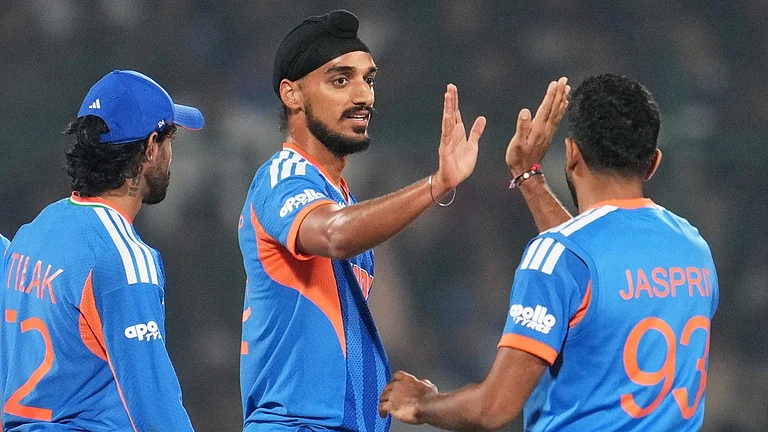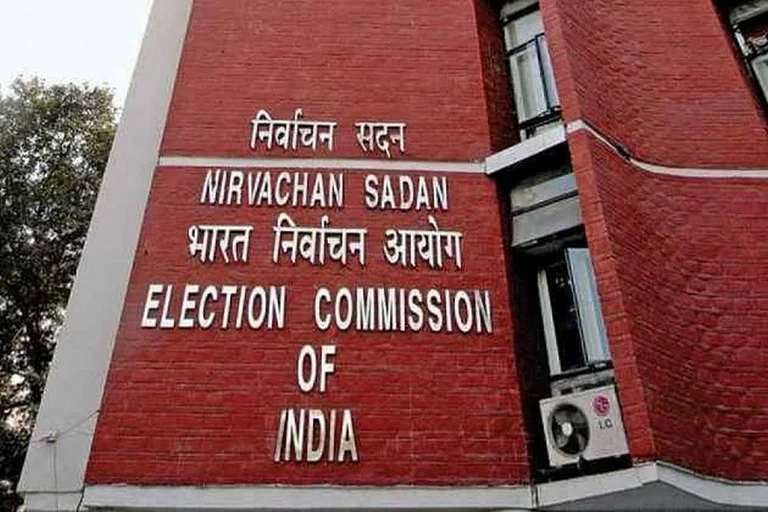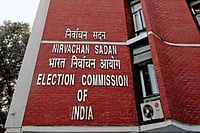The Delhi Police Thursday contended before the Delhi High Court that a trial court order, discharging JNU student Sharjeel Imam and student activists Asif Iqbal Tanha and Safoora Zargar in a 2019 Jamia Nagar violence case, was perverse and unsustainable in law as it cannot indulge in conducting mini trial at the stage of framing of charges.
The police said at the stage of framing of charges, a trial court cannot indulge in conducting a mini trial by determining the credibility of the evidence as to whether it would warrant a conviction or not.
The submissions were made before Justice Swarana Kanta Sharma who reserved the verdict on the police's plea after hearing arguments of the lawyers for Delhi Police and 11 people, who were discharged by the trial court, for two-and-a half hours.
The case concerns the violence that erupted after a clash between police and people protesting against the Citizenship Amendment Act (CAA) in the Jamia Nagar area here in December 2019.
The trial court had in its February 4 order discharged 11 people in the case while holding that they were made "scapegoats" by police and that dissent has to be encouraged, not stifled.
Additional Solicitor General Sanjay Jain, representing the Delhi Police, argued that conviction can take place purely on testimony of police witness and as such the trial court is in error in holding that there is no evidence which can convict the respondent persons.
He said non-consideration or selective consideration of third charge sheet for the reasons stated in the order is fatal and makes the order perverse.
At the outset, the judge said, "They say this person was merely standing there. The trial court has basically said you couldn't bring anything on record for court to believe that these persons were part of crowd who committed offence. They also raised question that when there were so many people, why you only picked up a few?"
Responding to the query, Jain said, there are 10 video clips available with the prosecution which were submitted before the trial court and reveal that seven of the discharged persons are seen indulging in acts as mentioned in the charge sheet.
He said out of the 11, seven persons are those who were identified through the video clips and added that the court can see in the video clips whether they were mere bystanders or indulging in some activities.
The police's plea was opposed by the counsel for the 11 persons who submitted that there was no error in the order passed by the trial court.
While discharging the 11 accused, the trial court had ordered framing of charges against one of the accused Mohammad Ilyas.
The 11 persons who were discharged in the case are Imam, Tanha, Zargar, Mohammad Qasim, Mahmood Anwar, Shahzar Raza Khan, Mohammad Abuzar, Mohammad Shoaib, Umair Ahmad, Bilal Nadeem and Chanda Yadav.
Senior advocate Rebecca John, representing Zargar, contested her presence and identification at the spot and said face of the person whom the police claims to be Zargar is fully covered and they have not explained how they came to the conclusion it is she.
"They have to cross the threshold of identification. Not a single police official identifies me. Two persons who were not present at the spot identify me by seeing the photographs. How come that man sees behind the veil and state that it is me. You have to first prove my identification," the lawyer said on behalf of Zargar.
Defending his discharge in the case, Imam has said that he only campaigned in favour of peaceful protest and "chakka jam" cannot be called a "violent method of protest".
The police has also challenged the trial court's order saying it has "overstepped its jurisdiction in passing disparaging and gravely prejudicial observations against the investigation and investigative agencies and therefore ought to be expunged from the
Record".
The police, in its revision petition, has said the trial court's order is in the teeth of well settled principles of law, suffers from grave infirmities which go to the root of the matter and is perverse.
The police plea also said the trial court has not only discharged the accused persons but was also swayed by "emotional" and "sentimental feelings" and has cast aspersions on the prosecuting agency and passed "gravely prejudicial" and "adverse" remarks against the prosecuting agency and the investigation.
Imam was accused of instigating the riots by delivering a provocative speech at the Jamia Milia University on December 13, 2019. He continues to remain in jail as he is an accused in the larger conspiracy case of the 2020 northeast Delhi riots.
-With PTI Input


























